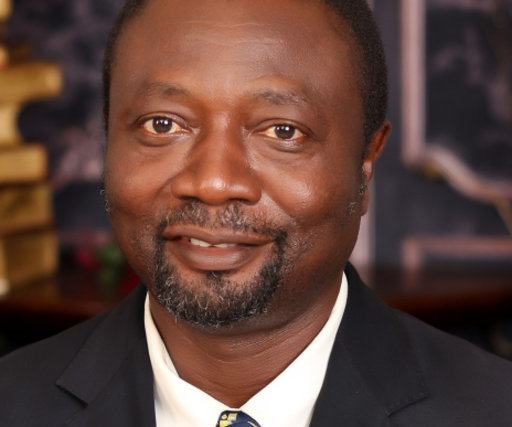National Centre for Technology Management (NACETEM) has asserted that Nigeria lacks competent clinical trial systems and that most of the drugs in use are only by conjecture.
At a media parley in Abuja on his transformation agenda for NACETEM, the director-general of the agency, Dr Olushola Odusanya, said what he proposed to do in the agency’s mandate in the medical area is looking at instances of drug development.
He said, “Nigeria does not have a competent clinical trial system so most of the drugs we use have not been tested on a large hoard of Nigerians.
“They only work by conjecture that these drugs work in other climes. So, most of our medical practitioners are working in the dark.”
According to him, the agency, which is under the Federal Ministry of Innovation, Science and Technology (FMIST), has a technology infusion programme that is aimed at bringing new knowledge to the national economy.
“That is part of NACETEM’s mandate to work with medical professionals to create a clinical trial consortium all over the country that will test drugs that are going to be applied on Nigerians.”
He said in any knowledge system at all, there is an infusion programme where new knowledge will come in and NACETEM by its mandate is the agency mandated to bring new knowledge to Nigeria.
The director-general disclosed that the agency will try to introduce new cell-based stem therapy that will help to bring new knowledge to the medical system.
In the mining sector, he said the agency was looking at safe mining practices just like swimming pools to improve efficient mining especially at the artisanal level.
Also, Odusanya disclosed that the National Science and Innovation Policy Strategic Direction he will be presenting to the minister of innovation, science and technology, Chief Uche Nnaji, to unveil to the rest of Nigeria in a few days, is heavy on training and certification as well as vocational training.
He said, “You may want to wonder why we are emphasising vocational training. The truth of the matter is that in any employment genre, what you find is that vocational training accounts for 70 percent of any employment genre. If you’re going to employ people in mining, 70 percent of those you employ are vocationally trained.
“But what do we have in Nigeria today? We have a situation virtually, where all, if not all, but quite a number of vocational training institutions want to become universities. Nigeria Defence Academy is now a university. Yaba College of Technology which was the cradle of vocational training is now a university. Whereas what is stated in our documents is that in any employment genre, 70 per cent must be vocationally trained while 30 per cent is where experts and higher education people contribute.
“So, the implementation of the SIP and in furtherance of the real essence of such a policy, vocational training has become a real serious mandate issue for NACETEM and we have therefore instituted quite a number of programmes as enshrined in my strategic plan for strategic growth as my vision for NACETEM,” he said.











